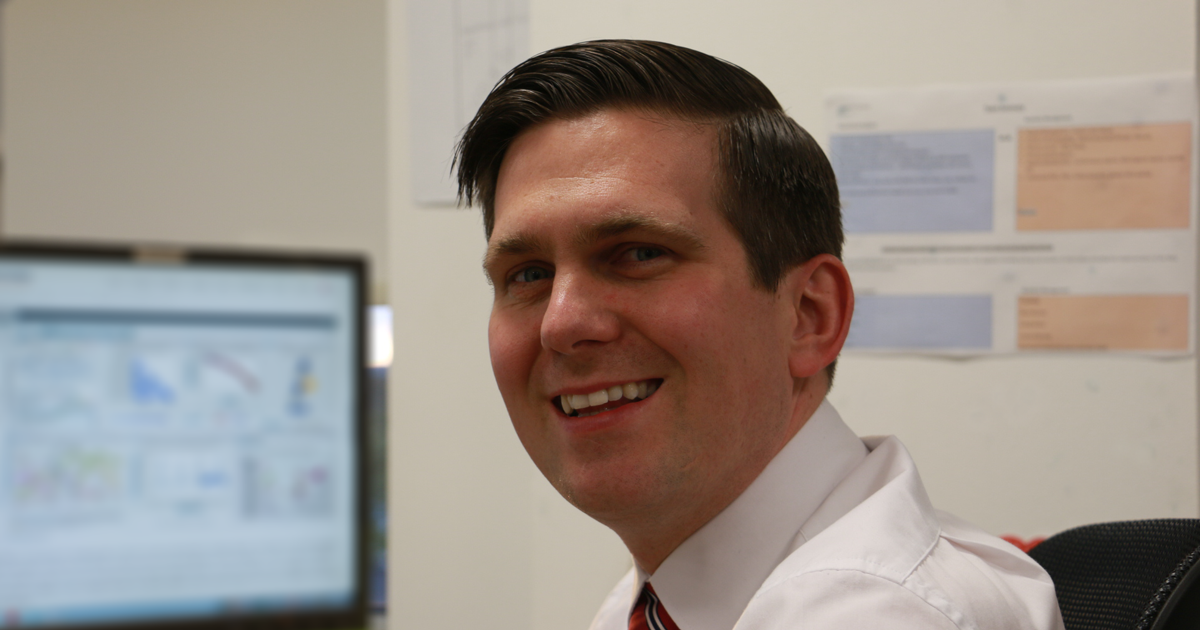
“Data tells a story that can guide us to where fraud might be found, enabling us to lead a proactive counter-fraud agenda and ensuring that money meant for patient care is used appropriately.” says David Dixon, Data Acquisition Manager for Project Athena. David shares his journey, his perspective on the value of the programme.
What is your role on Project Athena and what are your key responsibilities?
I am responsible for securely accessing data pipelines both inside and outside the NHS. This includes managing risks and ensuring that all processes for seeking and obtaining data are legally and ethically sound. I also ensure compliance with legislation and meet relevant requirements, particularly in areas like data protection. It’s critical that we use secure methods for receiving and sharing data. This work benefits all colleagues; having access to new data sources that have not previously been available will enable us to gain insights, identify patterns, and detect anomalies at a large scale—gathering insights from millions of records of data.
What excites you most about working on Project Athena?
I truly recognise the value it brings. Data tells a story that can guide us to where fraud might be found, enabling us to lead a proactive counter-fraud agenda and ensuring that money meant for patient care is used appropriately.
Can you tell us a bit about your background and experience in the NHS?
I recently passed my twenty-year anniversary of working in the NHS! Prior to my current role in data acquisition, I worked as a security management specialist for South East Coast Ambulance Service NHS Foundation Trust. I joined NHS Protect in 2012 as a programme manager and then moved into a role as analytical intelligence lead in 2016 ahead of the NHSCFA being formed.
How do you collaborate with other teams internally and externally?
A key aspect of my role involves liaising with different information analytics teams across the NHS. These include stakeholders like NHS England, NHS Business Services Authority, and government departments. Before acquiring any data, I need to thoroughly understand its nature—what it is and what it isn’t so having follow up conversations and staying in regular contact with those who hold the data is vital. I spend quite a bit of time checking our progress on acquiring data sets, following up where needed, and providing briefings to senior management. I stay in regular contact with the information analytics teams to keep existing projects moving and ensure I remain connected to BAU work.
Tell us one thing we wouldn’t know about you?
I’m ambidextrous—so I can write with either my right or left hand. I also volunteer at a historical landmark close to where I live in Kent, where my speciality is running ghost tours!
What would you be doing if you were not working in data acquisition?
I’d be designing computer games or writing books. I’ve got several stories written in the areas of escapism and sci-fi!